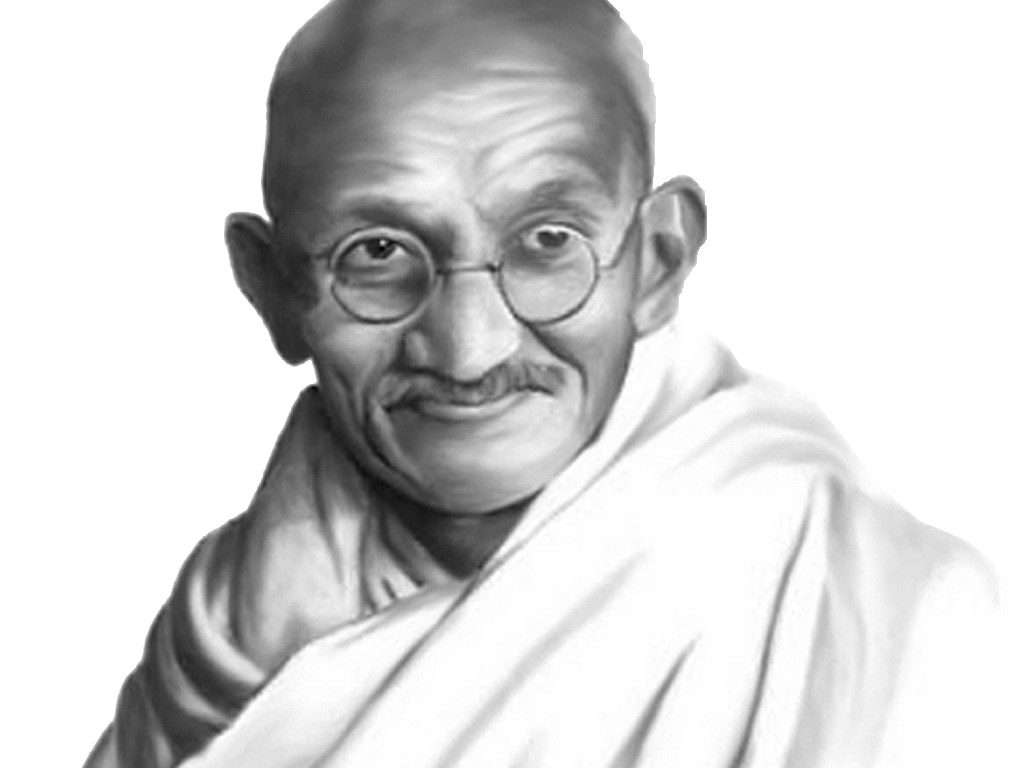- What Divination Means Spiritually
- Examples of divination in the Bible
- Divination as Devotion
- Ways divination may be sneaking into the church

Divination, the practice of seeking knowledge and guidance through supernatural means, has been a topic of fascination and contemplation across various cultures and belief systems. In this article, we delve into the spiritual aspects of divination, exploring its meaning, examining divine perspectives, providing examples, and contemplating the concept of divination as a form of devotion.
What Divination Means Spiritually
At its core, divination involves seeking insights or answers from a divine source, often through methods such as tarot cards, runes, astrology, or other mystical practices. Spiritually, divination is perceived as a means of connecting with higher realms, tapping into the unseen, and seeking guidance beyond human understanding. The act is often accompanied by rituals, symbols, and a deep belief in the existence of spiritual forces that can influence the course of events.
Examples of divination in the Bible
The Bible offers perspectives on seeking divine guidance. Deuteronomy 18:10-12 warns against practices such as divination, stating, “Let no one be found among you who sacrifices their son or daughter in the fire, who practices divination or sorcery, interprets omens, engages in witchcraft, or casts spells.” This suggests a cautionary approach towards divination, emphasizing the importance of relying solely on God for guidance.
While the Bible contains cautionary statements against certain forms of divination, there are instances where divine communication or guidance is sought through specific methods. Here are examples of divination or practices resembling divination found in the Bible:
- Urim and Thummim (Priestly Divination):
-
-
- In the Old Testament, the high priest used the Urim and Thummim, which were objects associated with the priestly garments, for seeking God’s guidance.
- Exodus 28:30 (NIV): “Also put the Urim and the Thummim in the breastpiece, so they may be over Aaron’s heart whenever he enters the presence of the Lord. Thus Aaron will always bear the means of making decisions for the Israelites over his heart before the Lord.”
-
- Casting Lots:
-
-
- The practice of casting lots, a method akin to drawing straws or rolling dice, was used to seek God’s will in certain situations.
- Proverbs 16:33 (NIV): “The lot is cast into the lap, but its every decision is from the Lord.”
-
- Dream Interpretation:
-
-
- Throughout the Bible, individuals like Joseph and Daniel were known for interpreting dreams, a form of divination involving seeking guidance or insight through dream symbolism.
- Genesis 40:8 (NIV): “‘Do not interpretations belong to God?’ Joseph replied.”
-
- The Prophetess Anna:
-
- In the New Testament, Anna, a prophetess, is described as one who devoted herself to worship and prayer, possibly involving a form of seeking divine guidance.
- Luke 2:36-38 (NIV): “She never left the temple but worshiped night and day, fasting and praying. Coming up to them at that very moment, she gave thanks to God and spoke about the child to all who were looking forward to the redemption of Jerusalem.”
While these examples are found in the Bible, it’s important to note that the overall tone of divination is often cautioned against, and reliance on God’s direct guidance through prayer and faith is emphasized. The specific methods mentioned were culturally relevant in their historical contexts and are not necessarily endorsements of divination practices in a broader sense.
Divination as Devotion
While divination is viewed cautiously in some religious contexts, there are individuals who integrate it into their spiritual practices as a form of devotion. For them, divination becomes a tool for seeking divine wisdom, understanding life’s complexities, and navigating challenges. The act of divination is approached with reverence and respect, emphasizing a connection with spiritual energies and a deep trust in the divine.
Ways divination may be sneaking into the church
While divination is generally discouraged in Christian teachings, it can inadvertently find its way into the church through various practices. Here are some ways divination might sneak into the church:
- Misinterpretation of Spiritual Gifts:
-
-
- The misinterpretation or misuse of spiritual gifts, such as prophecy or words of knowledge, can sometimes border on divination if not exercised with discernment and adherence to biblical principles.
-
- Overemphasis on Signs and Wonders:
-
-
- If a church places excessive focus on seeking signs, wonders, or miraculous occurrences without proper discernment, it may inadvertently foster an atmosphere that encourages seeking supernatural guidance apart from reliance on God’s Word.
-
- Inappropriate Use of Dreams:
-
-
- While dreams play a role in biblical narratives, an overemphasis on dreams as a primary means of divine communication without careful consideration can lead to divination-like practices.
-
- Integration of Non-Christian Rituals:
-
-
- In an attempt to attract diverse audiences or incorporate cultural elements, churches might unknowingly integrate non-Christian rituals or practices that have divination roots.
-
- Commercialization of Faith:
-
-
- Prosperity gospel teachings that overly emphasize material blessings and financial success might inadvertently encourage a focus on divining personal prosperity rather than seeking God’s will and spiritual growth.
-
- Christianized Forms of New Age Practices:
-
- Practices like “Christian yoga” or other attempts to Christianize New Age techniques may introduce subtle forms of divination, as these practices often involve seeking spiritual insights through alternative means.
Conclusion
Divination, as a spiritual practice, remains a subject of both intrigue and debate. Whether perceived as a means of seeking higher wisdom or cautioned against as a potentially misleading pursuit, divination continues to be a part of human history. In exploring its spiritual aspects, individuals navigate a delicate balance between seeking guidance and maintaining a steadfast devotion to their beliefs. Ultimately, the significance of divination lies in the intentions, beliefs, and personal convictions of those who engage in this mystical practice.










Leave a Reply